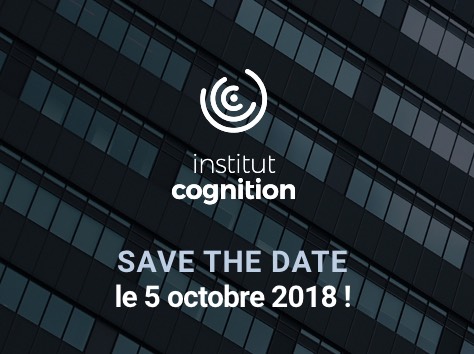MyBrainRobbie.org - A healthy brain!
Scientific research in neurology and in epidemiology has shown that early prevention and lifelong healthy lifestyles may mitigate the risk of developing chronic diseases including dementia. Eléonore Bayen, doctor and MCU-PH at Pitié-Salpêtrière, with the help of Laurent Cleret De Langavant, researcher member of the NeuroPsychologie Interventionnelle team and MCU-PH, created a character named Robbie and a video that presents scientific knowledge about brain health prevention as a fun and engaging narrative.


